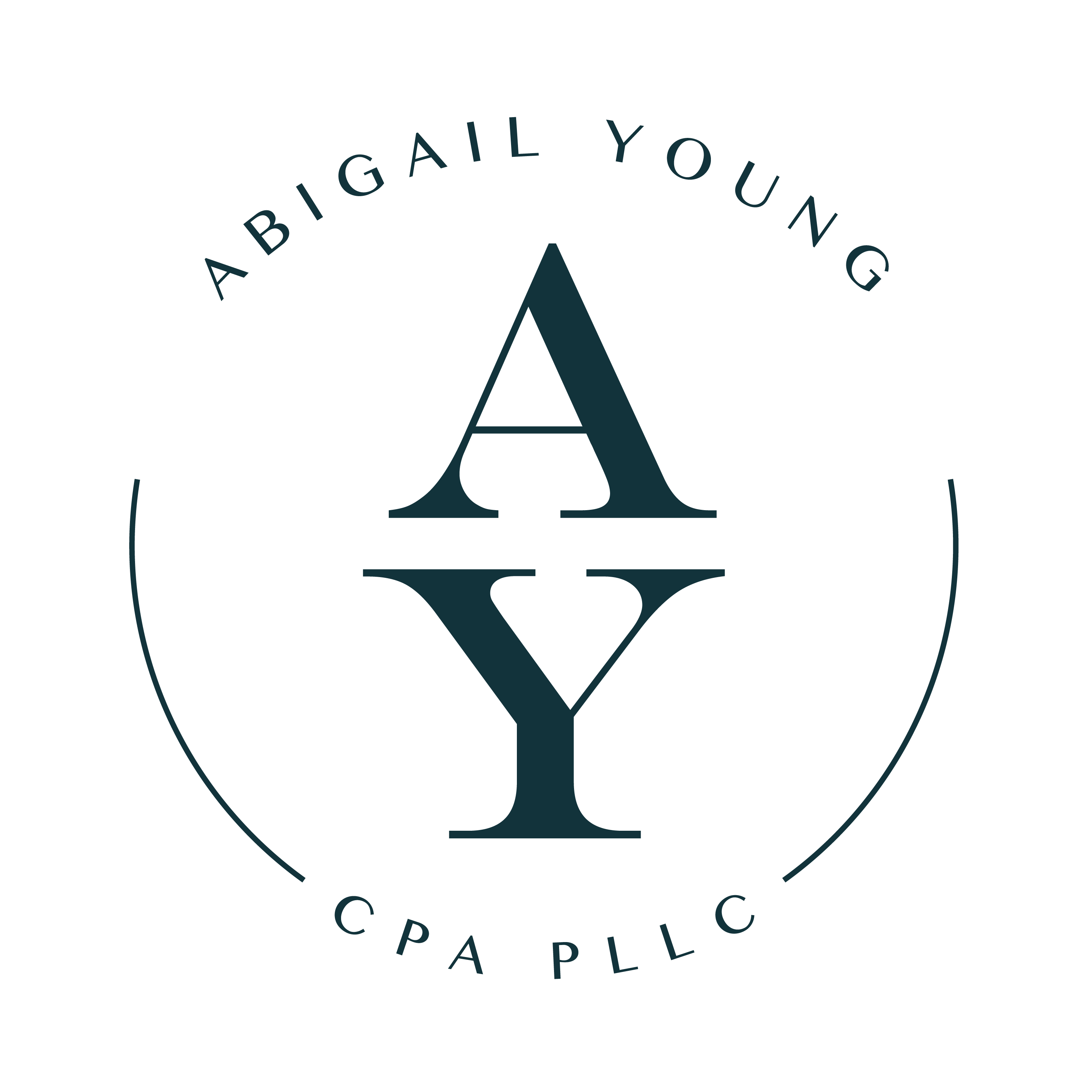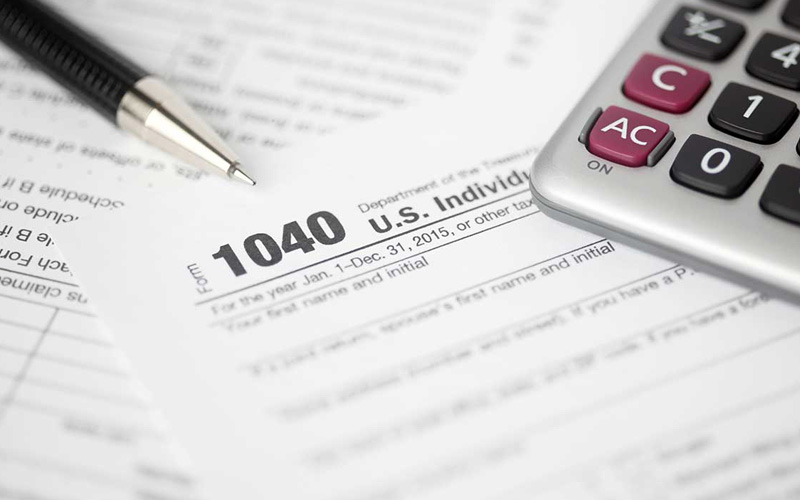Didn’t File Your Taxes? There’s Still a Couple of Options.
Well, it happened.
The tax deadline passed and you didn’t file your return. You might start worrying about the consequences of those actions and how they’ll affect your finances.
Don’t panic just yet, the staff at Abigail Y. Murray, CPA, LLC has the expertise to help you get through this. Your path to sorting your tax situation out begins with being informed about what you are facing.
The first thing you need to know.
The road to relieving tax stress starts with understanding that not filing a tax return needs to be taken seriously. Many possible consequences can come from not filing your return, starting with the fact that it is technically tax fraud if you do not file your return.
While you will likely not be charged with a crime, the IRS will make sure you face the possible penalties. The penalty for failing to file can be as large as 25% of the taxes you owe for the year. Failing to pay similarly holds up to a 25% penalty on the amount due.
That means you could potentially pay up to a 50% penalty on what you owed to begin with. The IRS is also nice enough to charge interest on this amount.
So, what can you do?
You can still get a six-month extension to file your taxes by filing Form 4868. This will require you to estimate what you think you will have to pay in taxes for the year. As a general rule, aim high, because if you pay more than you owe, you will be refunded the extra amount.
This extension does not mean much if you still fail to file your return. It does you no good to not file and hope that no one notices.
If you do not file your return, this opens you up to an unpleasant situation where the IRS will do it for you. With the ability to file a “substitute return”, the IRS will collect any information they can on you, including documents like W-2s, and file a return for you and send you the results.
As nice as it may sound to have someone else do your taxes for you, this scenario will likely not go in your favor. These substitute returns will not come with many deductions and credits, as the IRS does not have much incentive to look for them.
This will result in a larger amount of taxes owed in comparison if you were to file in a traditional manner.
On a positive note, filing your own return might show that you are owed a refund, even if you didn’t initially think you were going to receive one.
Be aware that you will have an additional three years to file and claim your refund before the U.S. Treasury simply accepts it as a “donation” to the government. That alone should be motivation to file your tax return every year, especially if you think you are owed money back from the IRS.
What if I owe?
Coming back to the possibility that you do owe taxes, especially more than you can pay at the time, you still have two options. One, and the simpler of the two, involves setting up a payment plan.
If the amount you owe is less than $50,000, it is possible to arrange an online payment agreement. You will have to fill out a Form 9465 to apply for a payment plan if the amount is higher.
Both payment options will usually allow you up to 72 months to pay the amount owed. It is best to pay these amounts off as soon as possible to save money, as interests and penalties will be tacked on the longer the repayment process takes you.
The second option open to you is to make an offer in compromise. This one is pretty self-explanatory: you make an agreement to pay a portion of your tax bill and the IRS removes the responsibility of paying the rest. This can be a complicated process but it is potentially much cheaper than a payment plan if the IRS agrees with your case.
An experienced firm like Abigail Y. Murray, CPA can help make sure that if you do have a tax bill, every possible tax break will be explored for you.
However you decide to tackle this dilemma, it is always a good idea to consider outside professional help.
If you live in the greater McAllen metro area and haven’t paid your 2016 taxes, Abigail Y. Murray CPA can help guide you through the process and give you financial advice on choosing between a payment plan or an offer in compromise.
Contact us today at (956) 800-5600 for the help you need to overcome any tax return hurdles.


